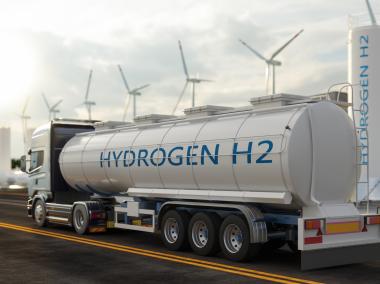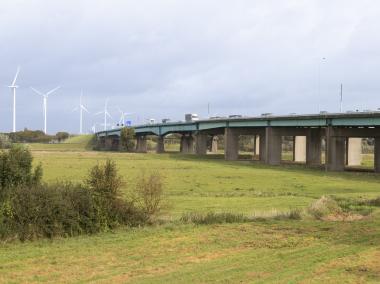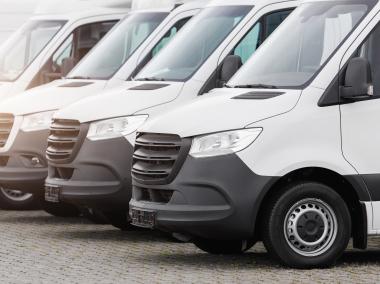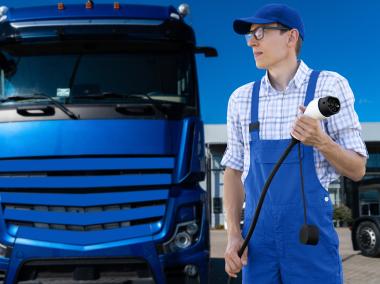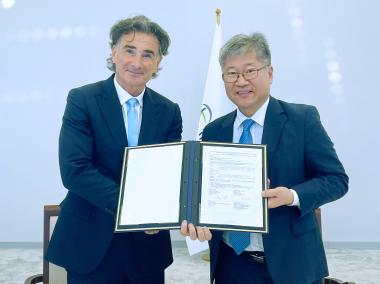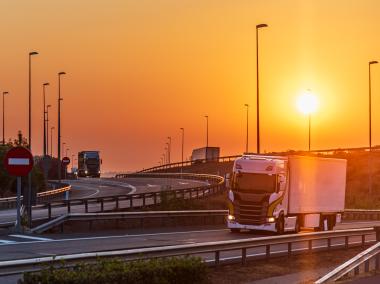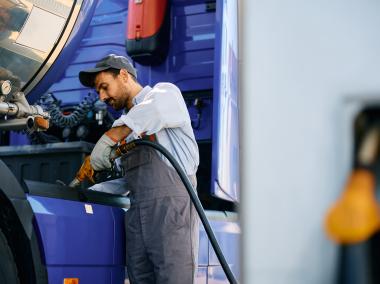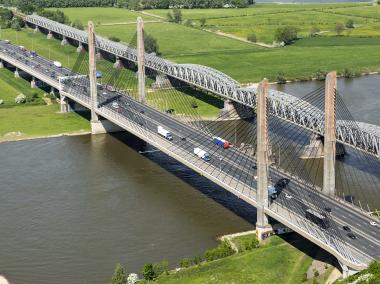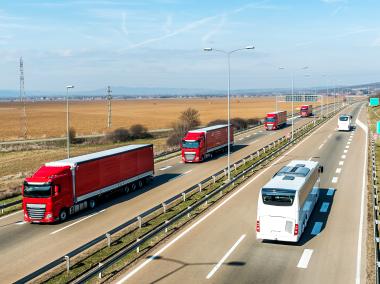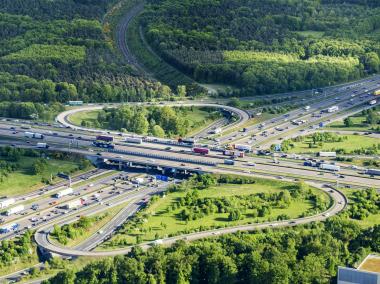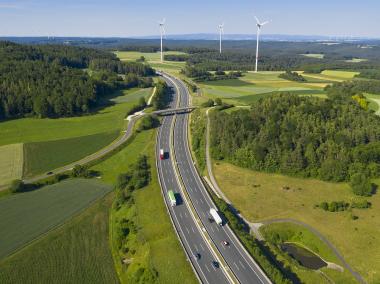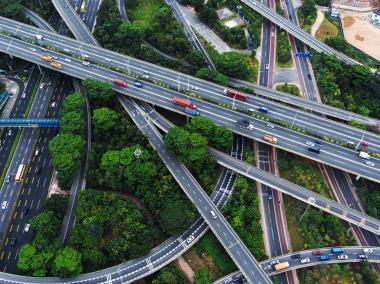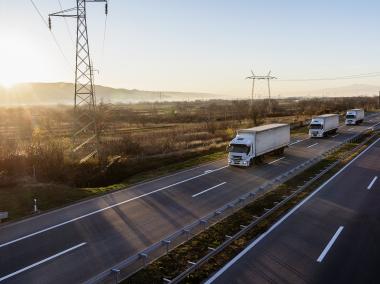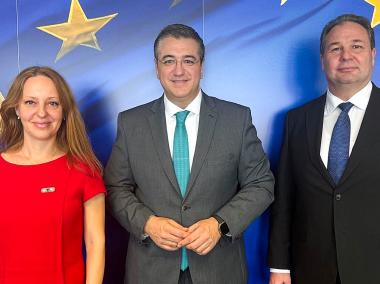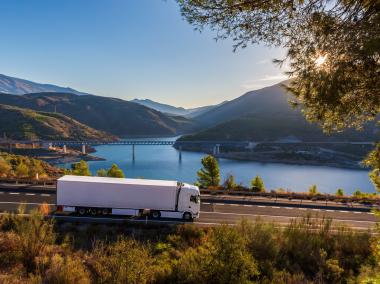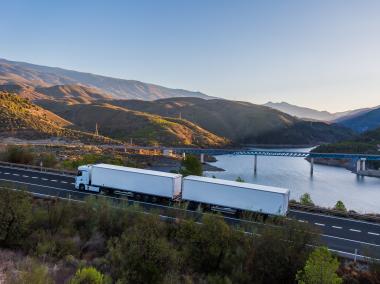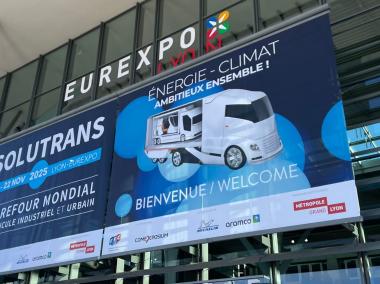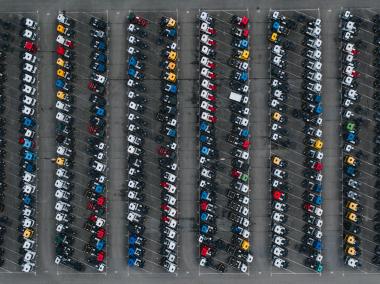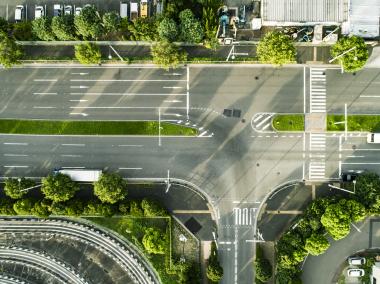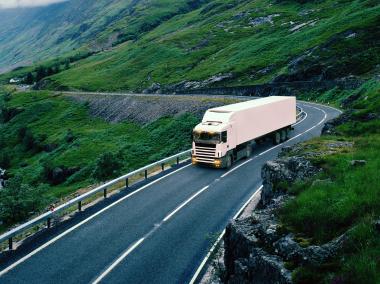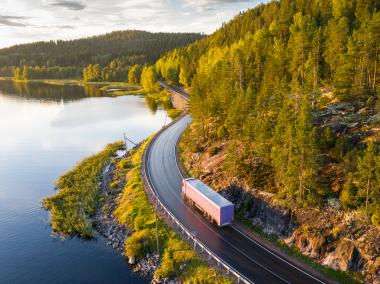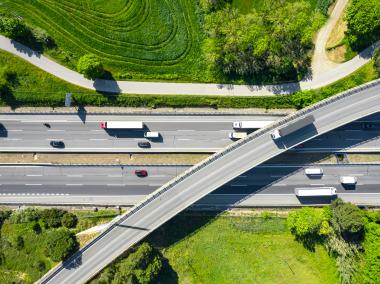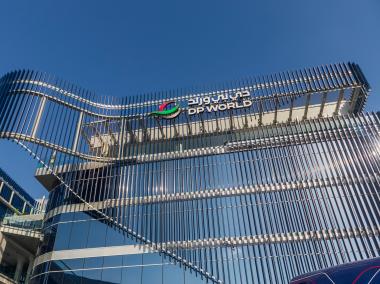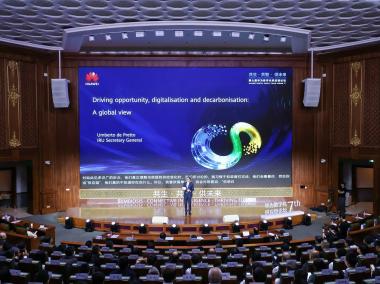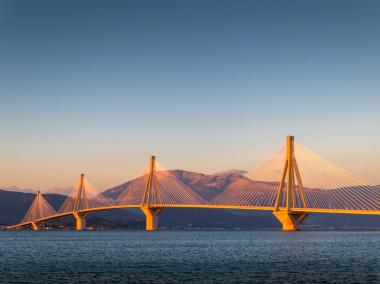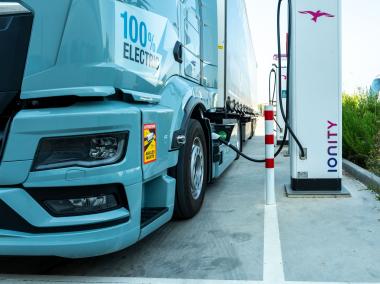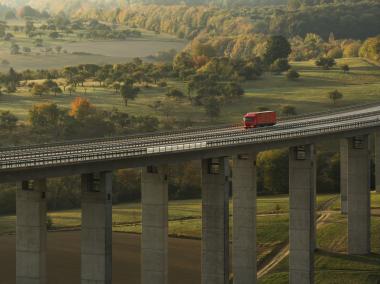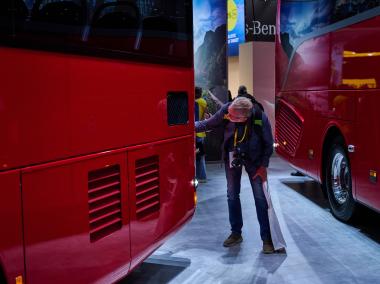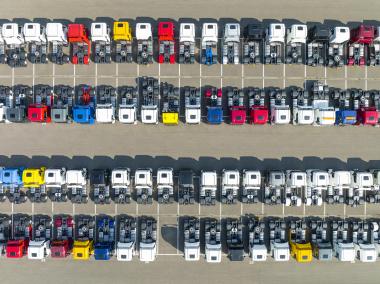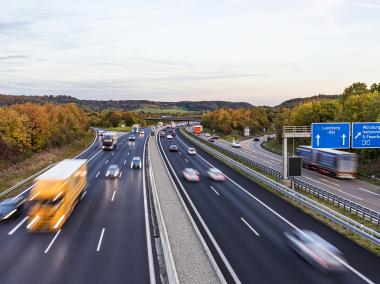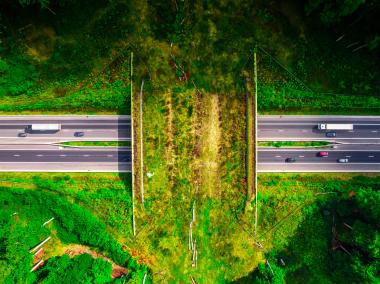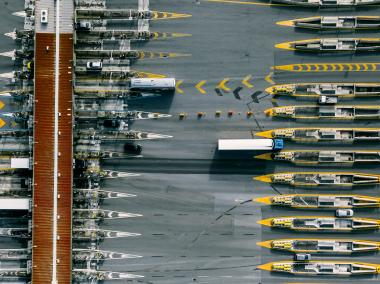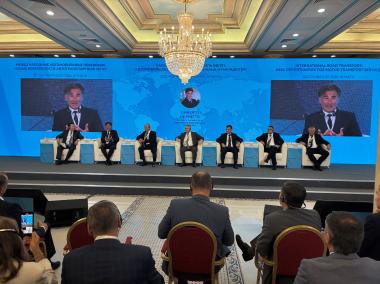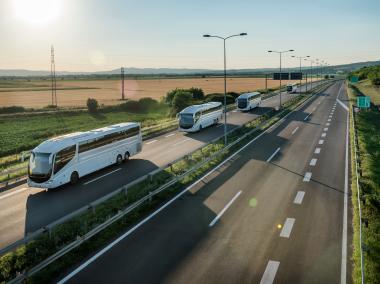
Newsroom
Decarbonisation
EU | Brussels
EU decarbonisation gets €3 billion, but what’s in it for road transport?
The EUR 3 billion ETS2 Frontloading Facility is a welcome development. However, without explicit prioritisation, commercial road transport risks being left without the predictable support it needs to decarbonise.
6 Feb 2026 · Environment
EU | Brussels
Parliament sets balanced framework to scrutinise EU green fleets proposal
The chairs of the European Parliament’s political groups decided yesterday to allocate the Greening Corporate Fleets file to both the Committee on the Environment, Public Health and Food Safety (ENVI) and the Committee on Transport and Tourism (TRAN), overturning an earlier provisional allocation to only ENVI.
5 Feb 2026 · Environment
EU | Brussels
New IRU Intelligence Monitoring: Road transport diesel taxes in Europe
Diesel VAT rates range from 8.1% to 27% in Europe – and 17 European countries apply a CO2-based component to their diesel tax. Our latest Intelligence Monitoring details the various taxes applied to diesel by country.
21 Jan 2026 · Environment
EU | Brussels
EU cannot afford to pause zero-emission heavy-duty charging deployment
IRU, the European Automobile Manufacturers’ Association (ACEA) and T&E urge the European Commission to ensure continuity of EU funding for heavy-duty vehicle charging and hydrogen refuelling infrastructure, warning that a break in support in 2026–2027 would risk slowing the deployment of zero-emission vehicles.
20 Jan 2026 · Environment
EU | Brussels
A year of wins: Key 2025 EU road transport achievements
The EU road transport community made significant gains in 2025. In close cooperation with its members, operators and policymakers, IRU helped drive progress on several major EU files, grounded in on-the-ground realities.
19 Dec 2025 · Environment, People, Prosperity
EU | Brussels
Concerns remain as EU moves ahead on greening fleets and CO₂ standards
The European Commission has adopted the EU Automotive Package, a set of legislative initiatives aimed at supporting the decarbonisation of road transport and the competitiveness of the automotive sector.
17 Dec 2025 · Environment
EU | Strasbourg
Policymakers and industry gather as EU prepares automotive plan reveal
As the European Commission is expected to present its Automotive Package tomorrow, as announced, IRU and its partner associations, the European Association for Forwarding, Transport, Logistics and Customs Services (CLECAT), and the European Shippers’ Council (ESC), will bring together leading Members of the European Parliament and industry stakeholders in Strasbourg tomorrow to discuss solutions, showcase progress, and ensure that fleet decarbonisation ambitions are grounded in operational real
15 Dec 2025 · Environment
Global | New York
Roads eyed for action as UN Decade for Sustainable Transport kicks off
The UNFCCC, COP30 Presidency, and Brazilian Ministry of Transport’s joint statement released yesterday at the launch of the UN Decade for Sustainable Transport puts the pivotal role of road transport in achieving COP30 goals and the Decade’s implementation activities firmly in the spotlight. It calls for the implementation of UN transport conventions, international cooperation, and the deployment of skills development tools to accelerate the transition to sustainable practices and technologies.
11 Dec 2025 · Environment
EU | Brussels
Stronger European grids: a good start, but just that
IRU welcomes the European Commission’s European Grids Package and Energy Highways initiative as an important first step towards modernising the electricity system. But the essential operational enablers for the electrification of commercial road transport are still missing.
11 Dec 2025 · Environment
EU | Brussels
IRU and EU hold constructive exchange on road transport priorities
IRU and EU Transport Commissioner Apostolos Tzitzikostas today discussed how upcoming transport measures align with day-to-day operational realities across the sector.
9 Dec 2025 · Environment, People, Prosperity
Spain | Zaragoza
Spanish solutions: which truck powertrain should you invest in?
How do different truck powertrains compare in terms of total cost of ownership (TCO) and CO₂ emissions in Spain? IRU presented the findings of its new Intelligence Briefing for the first time at a recent event in Zaragoza.
9 Dec 2025 · Environment
EU | Brussels
EU transport ministers advance weights and dimensions revision
IRU welcomes the Council’s balanced general approach on the Weights and Dimensions Directive and calls for final improvements in the Parliament.
4 Dec 2025 · Environment, Prosperity
EU | Brussels
Yes to greening, no to purchasing mandates: Road transport’s voice is clear
IRU has formally conveyed to European Commission President Ursula von der Leyen the united and peaceful protest of 5,302 transport operators and shippers from across the EU. They have signed an online petition opposing the Commission’s intention to introduce mandatory zero-emission vehicle (ZEV) purchasing targets.
27 Nov 2025 · Environment
Europe | Geneva
Choosing the right truck: TCO and CO₂ insights
What kind of truck should you buy today to optimise your TCO during its first ownership life? We compared the costs of different truck powertrains – and their CO2 emissions – across seven major European road freight markets during our recent webinar.
13 Nov 2025 · Environment
People's Republic of China | Dongguan
For generations to come: tomorrow’s supply chains
IRU mapped its vision for a world where supply chains are not only efficient and reliable but also sustainable at Huawei’s forum today in Dongguan, China.
31 Oct 2025 · Prosperity
Global | Geneva
Efficient decarbonisation needs pragmatic, mode-sensitive reporting tools
IRU, the world road transport organisation, stressed the importance of an operationally grounded template to make decarbonisation reporting more consistent, usable and clear-cut for industry and governments alike at a recent UNECE roundtable.
17 Oct 2025 · Environment
EU | Brussels
The future of passenger transport: Busworld Europe 2025
IRU has wrapped up a successful week at Busworld Europe 2025 in Brussels, driving policy dialogue and industry collaboration on key issues shaping the future of passenger road transport.
14 Oct 2025 · Environment, People, Prosperity
EU | Brussels
European organisations warn against disruptive zero-emission truck mandates
Four leading European associations representing the road transport, freight forwarding, shipper and cold chain sectors have jointly called on the European Commission to avoid introducing mandatory zero-emission truck demand targets, warning that such measures risk disrupting Europe’s green transition if enabling conditions are not yet in place.
13 Oct 2025 · Environment
EU | Brussels
IRU welcomes Eurovignette amendment, but urges improvements in new proposal
The European Parliament’s vote on the Eurovignette amendment is a clear step in the right direction. However, further work is needed on the new proposal to ensure a fair and effective path to decarbonisation.
9 Oct 2025 · Environment
EU | Brussels
Balanced implementation needed as EU updates road charging directive
IRU acknowledges the Commission’s new proposal on EU tolling rules but underlines that fair and balanced implementation is vital to ensure decarbonisation goals do not come at the expense of road transport operators’ competitiveness and Europe’s supply chains.
3 Oct 2025 · Environment
Kazakhstan | Almaty
Road transport is like electricity: IRU to Almaty
With over 1,000 delegates at Kazakhstan's major transport and logistics event this week, IRU highlighted road freight’s transformative role in Central Asia and Eurasia in recent decades, and the need to now focus on the “three Ds” in addition to the overarching “D”, development.
3 Oct 2025 · Environment
EU | Brussels
IRU leads policy discourse at Busworld 2025
The world’s biggest business-to-business exhibition dedicated exclusively to bus and coach returns to Brussels and IRU is at the heart of it. As a partner of the Busworld Europe Congress 2025, IRU will lead key panel discussions.
